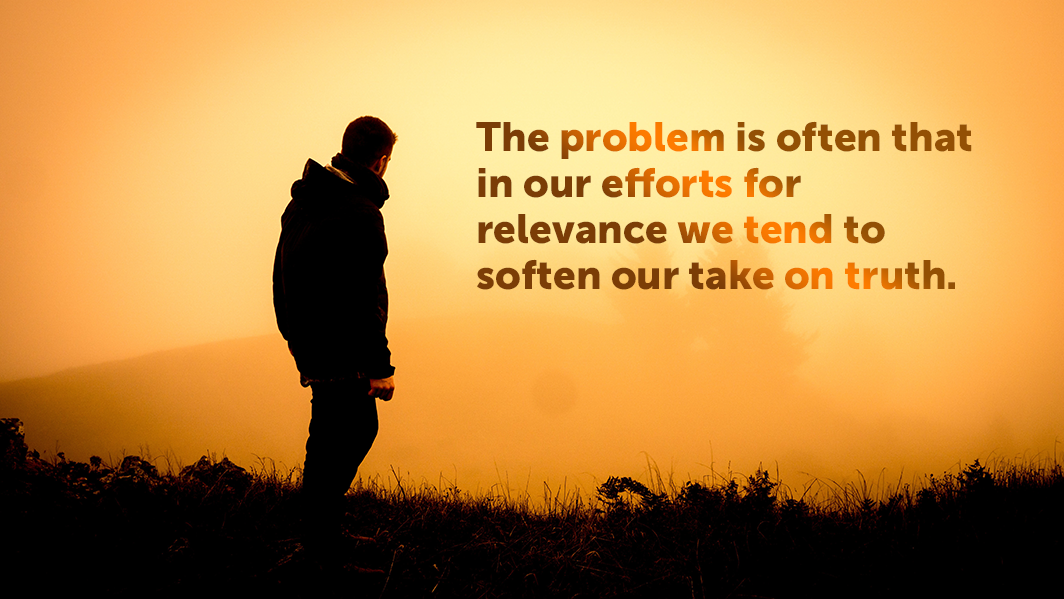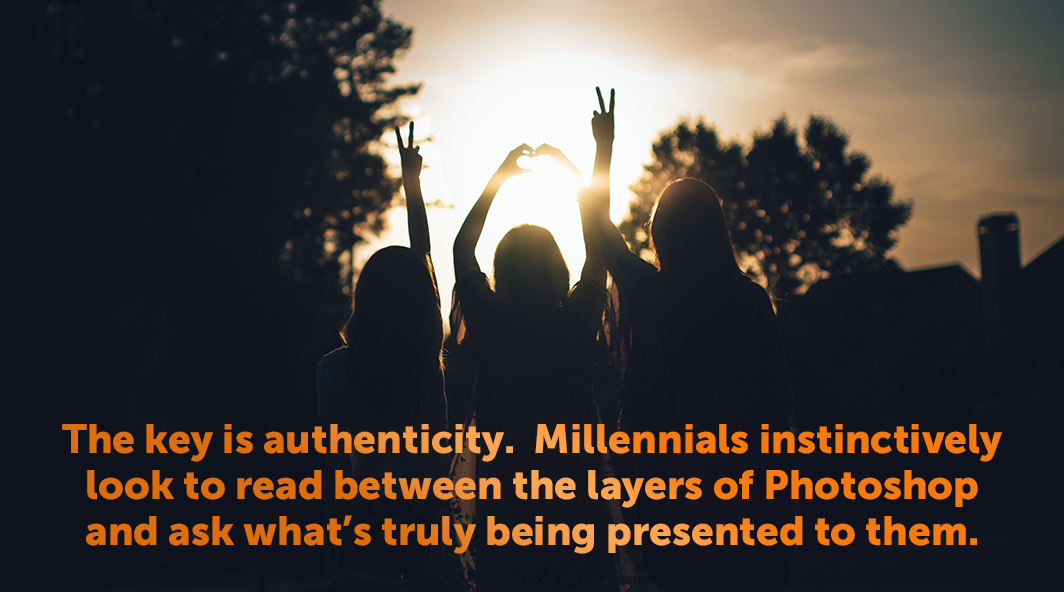How to get 20s and 30s in your church
It’s 10 or 11am. Or 6pm, if you can spare the resources to do evening church.
The band are all set up, the youth pastor has his or her notes ready and the tea and coffee team have biscuits and ultra-swirly hot chocolate. Autumn is coming and so are the students.
Millennials are one of the hardest groups to reach with the gospel, and churches up and down the country have woken up to the challenge of getting the younger generation to stay in, or even join a congregation.
But quite a lot of the time, they aren’t even coming through the door.
It’s not that 20s and 30s aren’t interested in God. They are very interested in the supernatural, in the idea of everyday heroism, in living well, in serving others and even who Jesus was.

The problem is often that in our efforts for relevance we tend to soften our take on truth. Hip-looking banners, the best tea and coffee in town and the most up to date worship album won’t cut it.
Young people are increasingly uninterested in church, simply because it has nothing to offer them that they can’t find elsewhere. The world is really, really good at social clubs, music concerts and takeaway coffee, and ploughing resources into being the perfect consumer church are often fruitless in an already saturated and very competitive market of self-centred experiences.
The key is authenticity. Being surrounded by social media, relentless self-advertising and digital mastery, millennials instinctively look to read between the layers of Photoshop and ask what’s truly being presented to them.
No matter what the dazzling displays, pre-talk videos and how slick we try to make the church experience for them, it’s not why they turned up that week. We all crave content, substance behind the mask. If it seems the core message doesn’t line up with the packaging, they’re out.

On arriving at university, I quickly discovered the questions I got from my friends were very different to the ones I had been trained to answer in youth group.
‘Is smoking a sin?’ one university friend asked. I started and stammered something about there being a principle somewhere.
I’d spent the first term of university trying not to seem too prudish, or too religious, but the first time we ran a Q&A event, flatmates just asked outright.
‘Is hell a real place?’
‘Is it wrong to sleep with my boyfriend?’
‘What happens to people who never hear about Jesus, then?’
All that had happened was I had offered to give an honest answer and, having been convinced I took this Christian thing seriously enough to play our drinking games with lemonade, they knew I was the person to ask.
Quite often the caricature of church precedes contact with the real thing. Millennials can smell if you’re being genuine and honest with them, and that more than anything, is why they’ll approach you in the first place, and when they do, they’ll often expect to talk about all the awkward things we try to avoid mentioning, like sin and hell, and they won’t want a sugarcoated answer.
So there’s much to be said of getting rid of restrictive-style seating and antiquated formats, they really do help you feel at ease, but the biggest draw to a younger person craving truth is something indisputably real.
Which is good news for the local church, because no matter what your tea or coffee budget is, if you know Jesus, you already have everything you need.
1. Say hello
It might sound obvious, but millennials don’t bite. We might be sceptical, unacceptably dressed, know nothing about how important the flower rota is or be too interested in Harry Potter.
What we are is here this morning and that took a lot of determination to put ourselves out there in an unknown setting and chunk of precious time in a relentlessly input-heavy lifestyle. Come over, say hello, be generally friendly, and we’ll never forget it.
Going to uni, I ended up choosing the church where someone talked to me within five minutes of awkwardly hanging around at the end. It meant the world to me when that members of the same church noticed I’d been away for few weeks.
Facebook friends are many, kindness is rare.

2. Mentor me
Oddly, students don’t just like talking to people their own age. We may move in packs sometimes and gravitate towards other younger people, but your guidance, support and friendship (read discipleship) are central to helping us grow.
We want those who will stand by us, listen to us, take an interest in our lives and show us the godly way to deal with whatever stage of life we’re entering because frankly, it’s going to be tough and we need your help.
This isn’t so much a revelation as what everyone knows already. Disciples are made, so discipleship is intentional, and as 20 something in church I can say it’s very difficult to ask from our end. Reach out to 20s and 30s in your church as couples and as groups, as stronger, older Christians, and commit to discipling. It’s for your spiritual blessing as much as ours.
3. Pass on the vision
Your 20s and 30s in your church are your baton-bearers, they might not all be natural leaders, but they are the church of tomorrow. That’s not to say they all need to be working on teams and rotas and whatever other activities you run in order to be part of your church. It’s just a matter of looking for God’s potential in them.
So far, all the world is telling them is that they need a career, a family, money, a bit of stability, but not too much as to be boring - it needs to be creative as well, to follow their dreams, to be well travelled, well experienced, to indulge themselves.
In short, generation millennial will follow its dreams because Disney told it too, regardless of what the church says; the key question is what those goals are. It’s not a matter of making sure your young people know they are special. We already know that. We’ve been brought up with gold stars for participating and 50 likes on our profile picture.
What we do want is vision, a sense of purpose, a quest to perform and an identity behind that that isn’t based on what we do but who we are.

Jesus offers not just purpose and a challenge, but a deep and ultimately authentic sense of identity in Him and a way of life that flows from that.
Pass on that message, show your young people that raw, unfiltered battle to live righteously and love courageously and embrace the challenge of real discipleship.
The Church Pages Initiative is equipping the church with websites. But a website is just indicative of our vision to help the church communicate the gospel to young men and women who will grow in faith to become committed Christian leaders.
Whatever your resources, we invite you to join with us in praying and committing to authentic Christian living on behalf of the next generation.
#nofilterchristian

